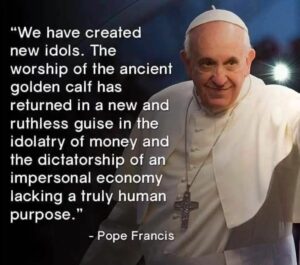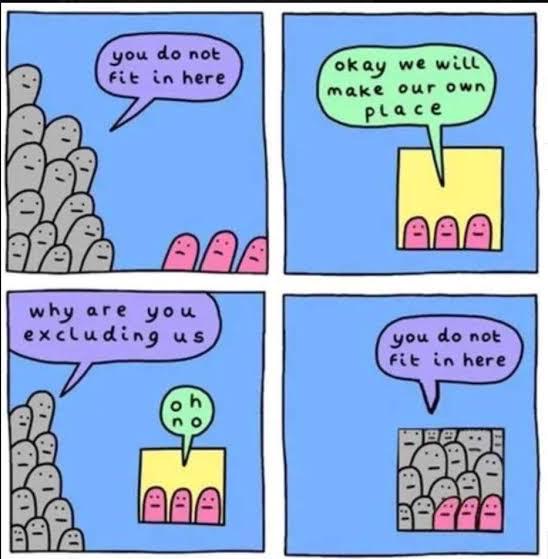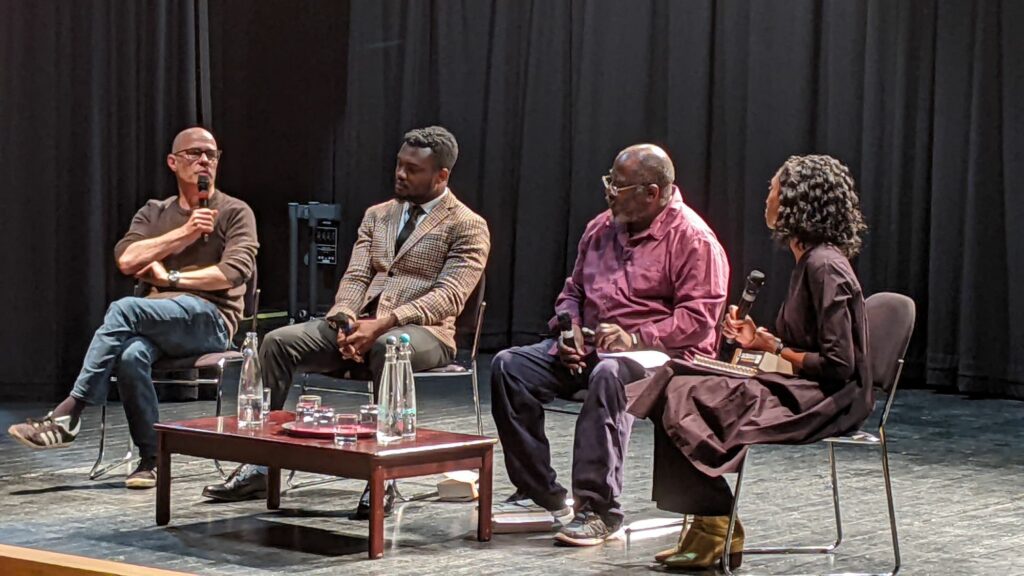#NGO-driven approach to activism are a part of the challenges of #mainstreaming agendas in both tech and social movements. NGOs at best aim to “make the mess work a bit better” without addressing root causes of anything in an affective way. This band-aid path aligns them too much with the mainstreaming agenda rather than fostering a systemic change agenda. This need for maintaining “relevance” leads to shallow solutions rather than transformative action.
With activist projects, half entangled in this #NGO world, struggling to build shared objectives, collaboration becomes fragmented, and efforts fail to scale horizontally or vertically and sustain much impact. We have historical paths to mediate this, like the #PGA (Peoples’ Global Action) that aligning around clear hallmarks galvanizes collective action. With grassroots tech and user engagement, projects fail without people and communities. If people remain tethered to #dotcons, our work on grassroot projects die before they take off. Activists criticize dotcons but often fail to leave them, perpetuating the paths and systems they oppose, a symptom of the #deathcult worship.
Many radical/progressive tech initiatives focus on aesthetics (#fashernista) or isolated #geekproblem goals without contributing to broader movements like rebooting grassroots media, these efforts become distractions and dead ends, they waste time and focus. What is needed is to provide compelling alternatives to the dotcons that people can genuinely use and build upon to step away, so activism can play a bigger role. Leaving the #dotcons and embracing decentralized, ethical platforms is itself a form of activism, it’s a #KISS path that undermines the #deathcult and creates space for alternatives to thrive.
Composting pointless projects, we need to identify and “compost” projects that fail to contribute meaningfully to broader goals. This isn’t about cynicism, but about redirecting energy toward initiatives that matter. Use the energy of critique to inspire better efforts rather than dismiss entirely. Key question, how do we bridge the gap between critique and action to avoid losing people and momentum in the current mess, and not just create more mess? A first step is to challenge activists to step back, think critically, and act boldly, with a reminder that inaction—or misguided action—is a victory for the #deathcult.
Q. how do you envision the #4opens and #OMN evolving? What can you do to make this happen?




